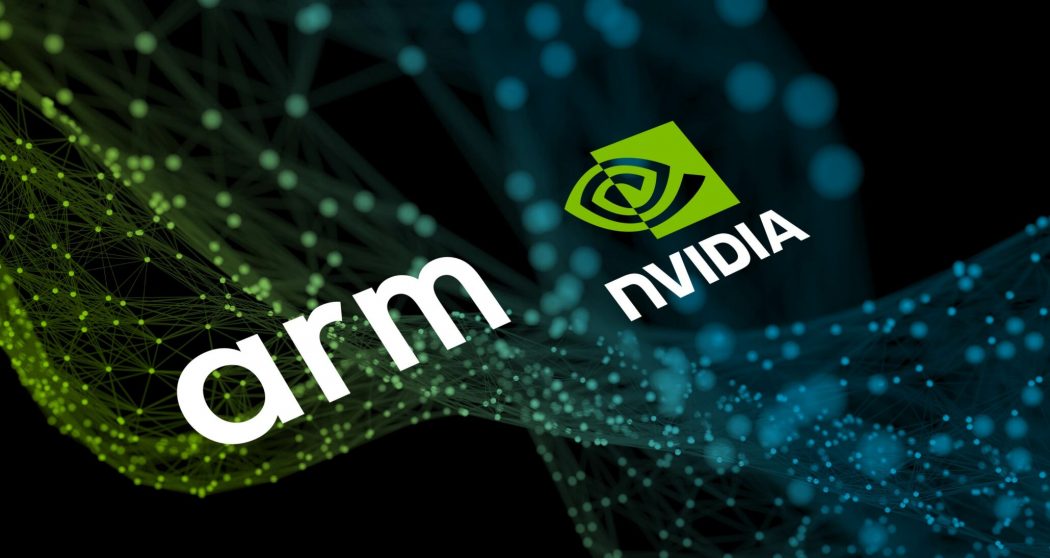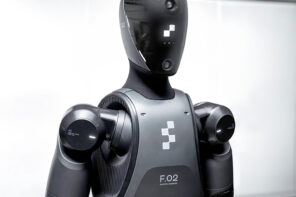In mid-September, Nvidia, a chipmaker, was well-received in its $40-billion bid to acquire Arm Holdings, another chipmaker, from SoftBank, a tech conglomerate. The deal, which is composed of $21.5-billion in stock and $12-billion in cash, is expected to take a year to close. The marriage of their individual specializations in Artificial Intelligence (AI) compliments the recent strides in its market share.
Technological innovation in the semiconductor industry is propelled by Moore’s Law, a self-fulfilling prophecy which dictates that the computing power of microchips would double every second year as a consequence of their decreased size and information latency. McGill’s own Prof. Nate Quitoriano describes its new realization as an “industry roadmap… and culture of investing to stay on it.” It is in this vigorous environment that the main players compete to push the envelope of the industry.
SoftBank had made headlines prior to the announcement for stoking the bullish Nasdaq rally, which has become a notable characteristic of the pandemic landscape, by buying billions of dollars’ worth of US equity derivatives. Following this report, the company has been losing big on their investments in Uber and WeWork, both of which revealed worrying losses (often characteristic of startups) in their filings to go public. In an attempt to liquidate assets to offset these losses, SoftBank accepted the offer.
While Nvidia’s offer has supplanted SoftBank’s initial $32-billion acquisition of the company in 2016 as the largest deal in chipmaking history, any profit over SoftBank’s investment in the company is doubtful. Arm’s valuation has only risen by five percent if further expenses on the part of Nvidia are considered.
The hint of acquisition inspires fears that Arm might lose its founding tenet of neutrality. Up until now, Arm’s staple neutrality has allowed it to extend its services to a broad range of systems across markets. In consequence, big tech firms are already well-acquainted with its chipset. Those most familiar to the average consumer are the smartphone-ubiquitous Qualcomm chips and a slew of relatively recent mobile products from Apple.
Nvidia, in particular, already uses Arm cores in Jetson SoVs for edge computing (the reduction of latency between interface and source), autonomous machines (robots driven by AI technology), and its networking products.
Nvidia’s primary motivation for the acquisition might be a desire to broaden their reach on these technologies, making Arm a larger prospect than its recent performance might suggest. The acquisition comes at a time of a crucial structural shift in the economy towards remote work and dependence on these complementary technologies, which are known under the umbrella term of the ‘Internet of Things.’
Britons, seeing Arm as an English jewel, are right in fearing that its forfeit to Nvidia’s starred and striped arms would necessarily involve it in America’s trade wars. While SoftBank’s initial acquisition was made under promise of staying the base’s relocation until next year, a hot-potato toss of the company so soon into the newly dimmed cinders of a recent acquisition might set them ablaze once again, shifting operations abroad prematurely. Arm might still prove a victim to Prime Minister Boris Johnson’s agenda of home-grown industry.
China also poses a threat to the deal. In 2018, their Administration for Market Regulation (SAMR) had blocked Qualcomm’s acquisition of NXP, a Dutch chipmaker, in the midst of their trade war with America. In an effort to preserve its neutral status and distance itself from Sino-American trade, Arm had, in the same year, already sold a fifty-one percent stake in its China operation, leading to disputes in the leadership thereof.
Still, ninety-five percent of Chinese chips use Arm’s architecture. Now, following Nvidia’s announcement, Beijing is under renewed pressures from Chinese chipmakers to investigate yet another acquisition in the semiconductor industry. While Nvidia has pledged to uphold Arm’s model of neutrality, its full involvement following the acquisition would render such attempts at neutrality vain.








